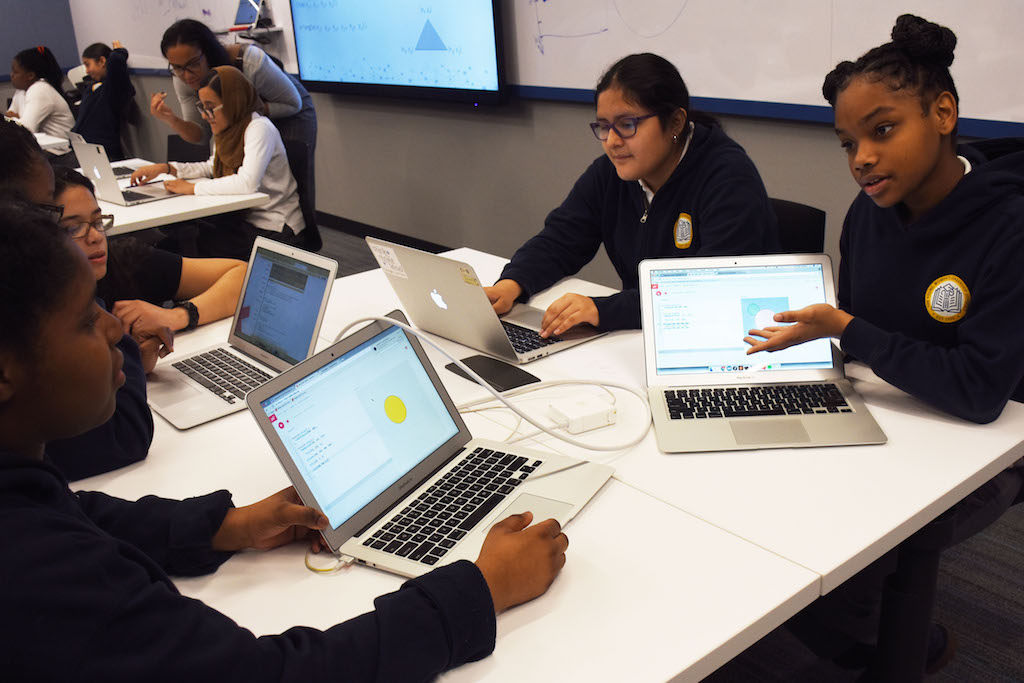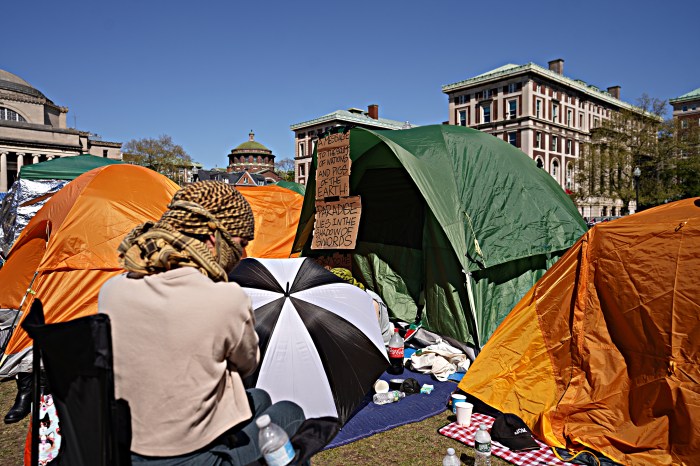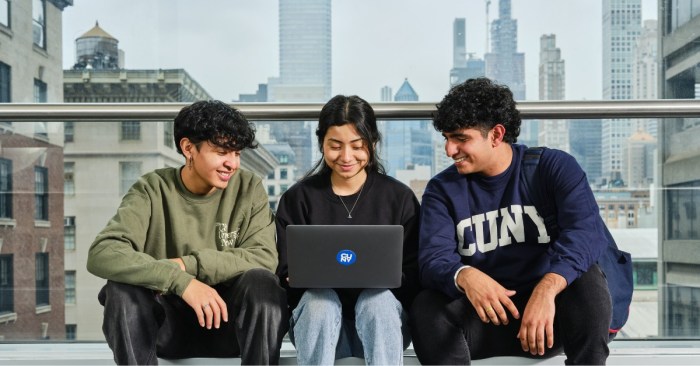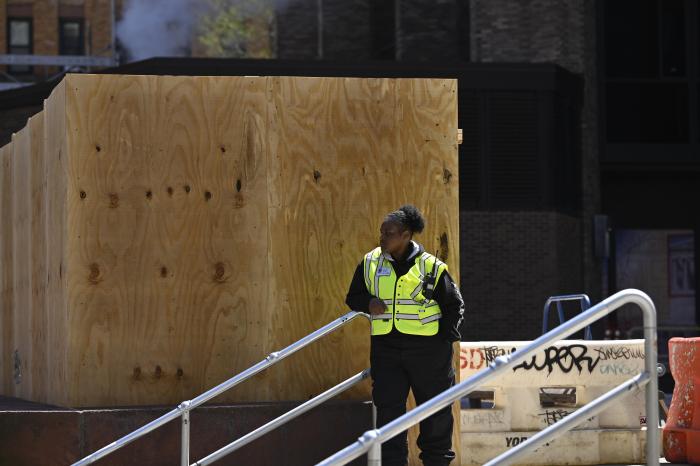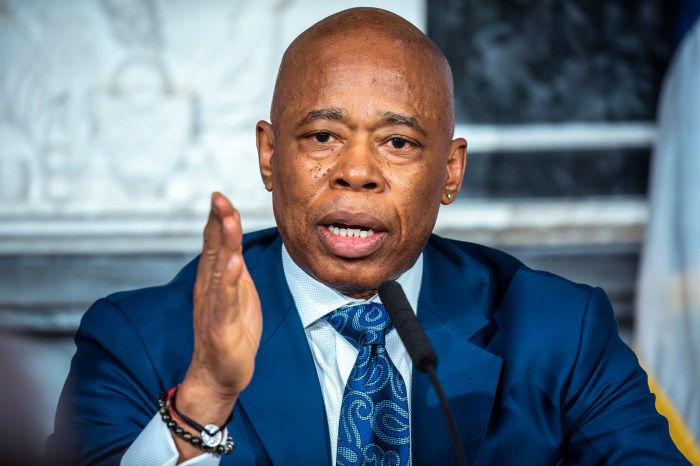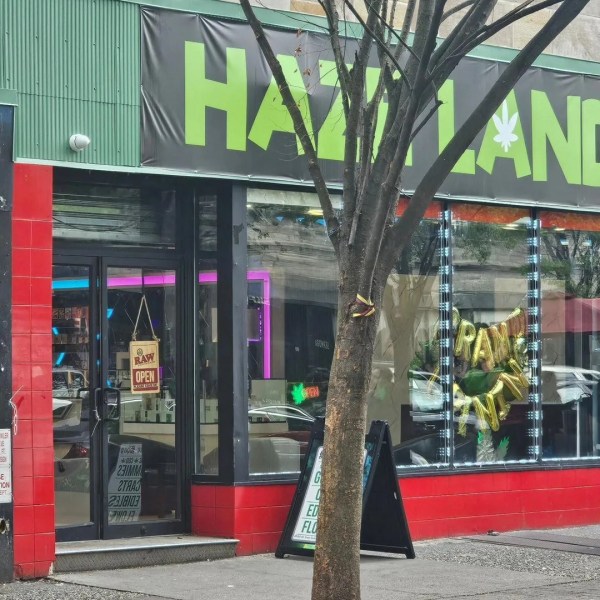BY ALEJANDRA O’CONNELL-DOMENECH | Google is doubling down on its efforts to foster greater diversity among tomorrow’s tech leaders.
Its Chelsea-based program, Google Code Next, now has a larger physical space. The enlarged center, twice the size of its previous incarnation, officially opened on March 5.
Besides its increased size, the space has a fresh and inspiring look. The faces of black and Latino tech innovators, like Kenneth Dunkley, the inventor of 3-D glasses; Jordi Muñoz, the Mexican immigrant who co-founded the company 3D Robotics; and Dr. Shirley Jackson, an American physicist responsible for technology that led to fiber optics and portable phones, all look down from the walls of the new space.
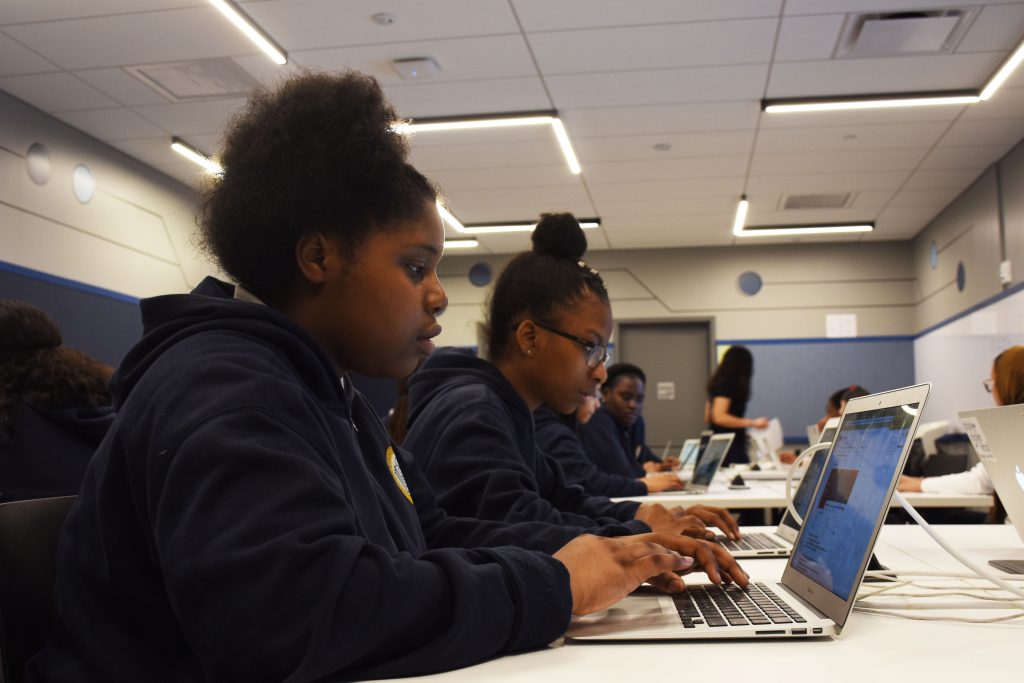
Peta-Gay Clarke is the program leader for Google Code Next in New York City.
“One of the things we learned was that access was a big issue,” Clarke said, regarding challenges black and Latino students face in pursuing computer science as a career.
“When you go into communities that are highly populated with black and Latino youth, there aren’t a lot of places where they can go where they can get access to innovative tech, laptops, software,” she said, “where they can just try and be exposed to different things.”
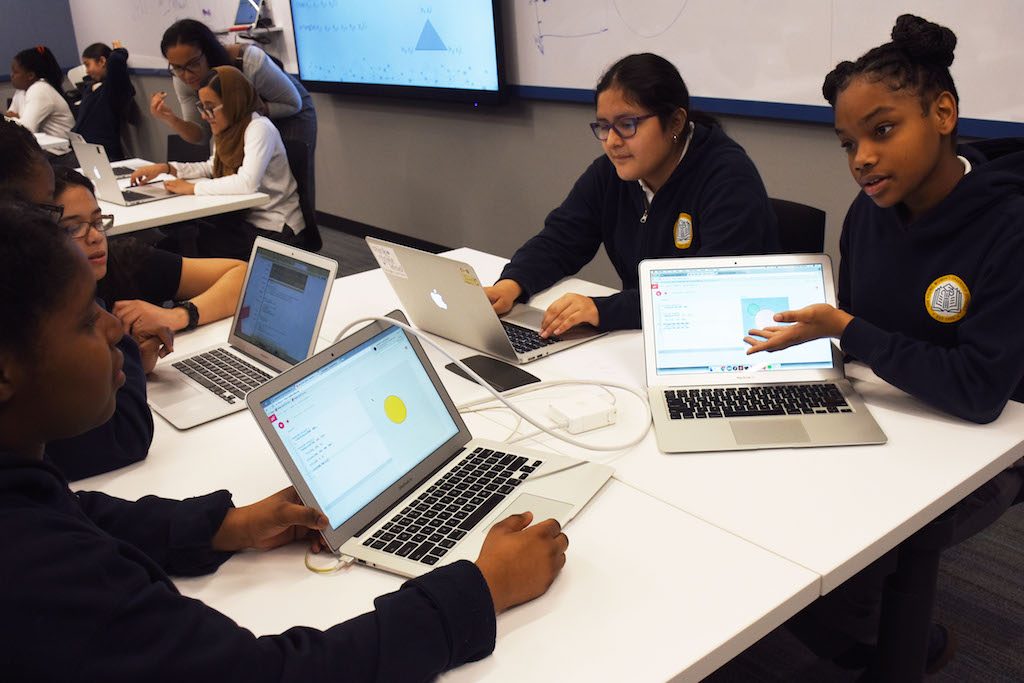
It’s this lack of access that Google is trying to mitigate in order to solve the tech industry’s diversity problem.
According to the U.S. Equal Employment Opportunity Commission, only 7 percent of all high-tech industry employees are black and only 7.97 percent are Latino.
The racial disparity is even greater within the industry’s leadership, according to the most recent E.E.O.C. data. Blacks only make up 1.92 percent of leadership positions in high tech while Latinos make up just a slightly larger share, at 3.11 percent.
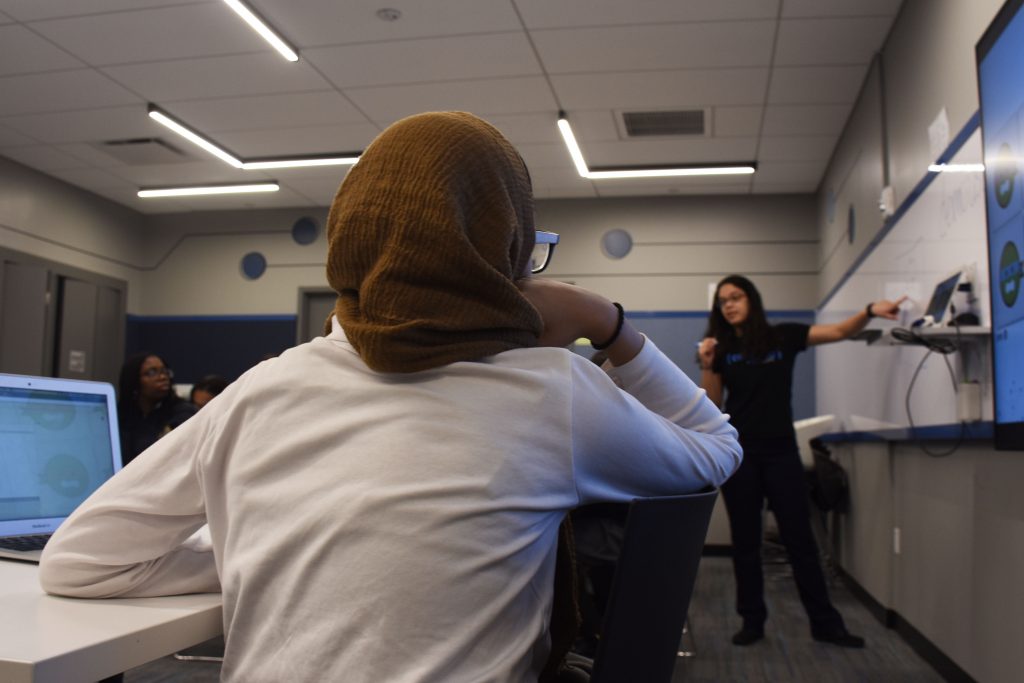
According to a report by Fast Company, in 2016 only 2 percent of Google employees were black and only 3 percent were Latino.
“We would love for them to work for Google,” Clarke said. “That’s the goal.”
Code Next launched that same year in Oakland, providing free computer-science classes to black and Latino middle and high school students, both after school and on weekends. Now Code Next has expanded to include Chelsea and Harlem locations. But the center in Harlem is run out of the Boys and Girls Club of Harlem and is managed in partnership with the New York Urban League and Emerging Leaders in Technology and Engineering. The one in Chelsea is the largest of the three Google Code Nexts.
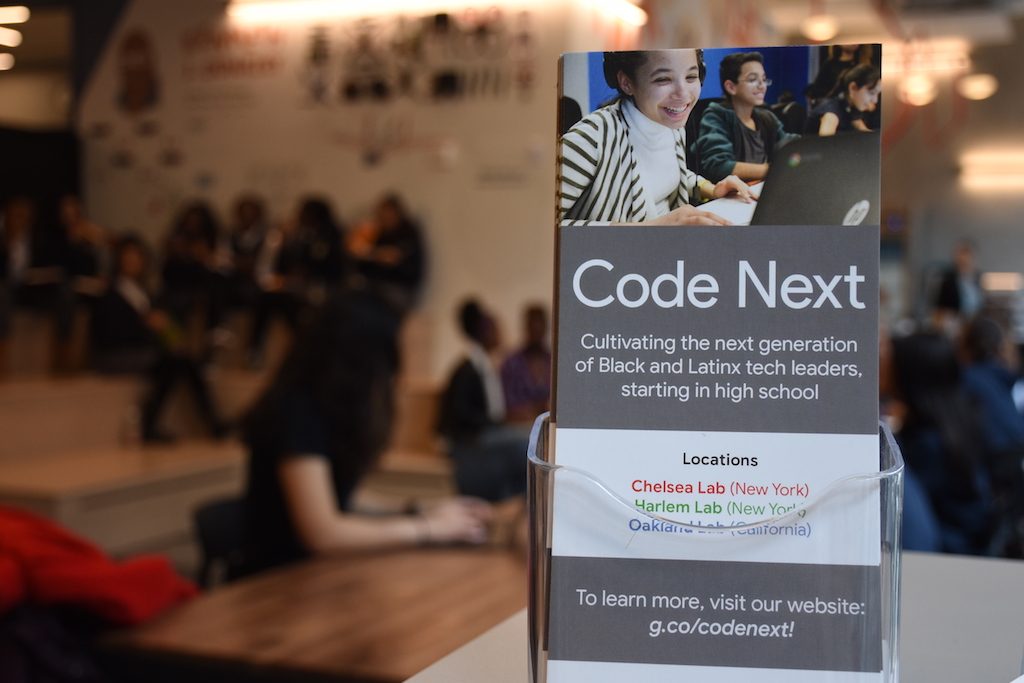
Besides after-school classes, Code Next offers tutoring and mentorship program.
Code Next’s first cohort graduated last year, and according to Clarke, Code Next is going to start thinking about how they can help their students now that they head off to college.



